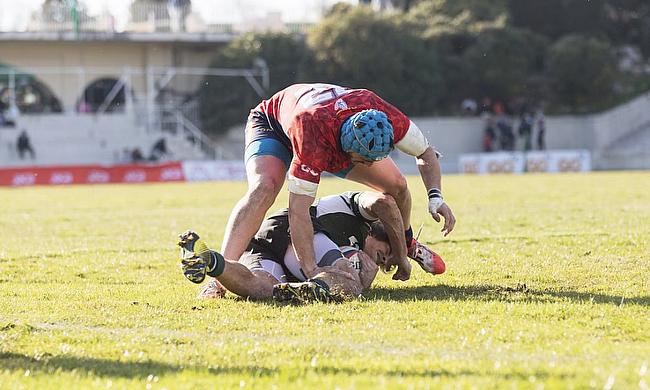Post-Match Recovery: Best Ways for Rugby Players to Relax and Recharge
After a rugby match, players experience both physical and mental exhaustion, making effective recovery an essential part of their performance.
Rest is crucial for physical recovery, with sleep being one of the best ways to allow muscles to repair and rejuvenate. Taking time to stretch after the match can also help alleviate muscle tension and improve overall flexibility. In addition to rest, staying hydrated and replenishing energy stores with nutritious food ensures that the body has the fuel it needs to recover fully.
Mental recovery is just as important as physical. Engaging in mindfulness activities, such as meditation or deep breathing exercises, can provide relaxation and help players clear their minds. Taking a step back from the game and reflecting on the performance in a calm manner can reduce stress and provide a sense of closure after the intensity of a match. A positive mindset and the ability to switch off from the game are vital in maintaining long-term well-being.
For some players, relaxation can also come in the form of engaging in activities outside of rugby. A gambling session through casinos not on GamStop can be a light and fun way to distract the mind from the rigours of sport. A quick game of cards, a few spins on the roulette wheel, or trying a new slot machine theme can offer an enjoyable diversion. It’s an opportunity to relax while having a bit of fun, allowing players to reset mentally without putting undue pressure on themselves.
Spending time with family and friends is another essential part of post-match recovery. Social interaction can provide emotional support and create a sense of relaxation away from the stresses of competition. Whether it's enjoying a meal together or simply chatting about life, these connections help players feel grounded and connected to their loved ones, easing the emotional weight of the game.
On the physical side, many players turn to more specialised recovery techniques. Cold water therapy, such as ice baths, helps reduce muscle inflammation and speed up the healing process. While it might feel uncomfortable at first, the benefits of this method are well-documented. For those looking for an alternative, cryotherapy offers similar benefits by exposing the body to extremely cold temperatures, which can aid in muscle recovery and reduce soreness.
Incorporating yoga into a recovery routine is another great way for players to maintain flexibility and calm their minds. Gentle yoga poses are excellent for relieving muscle stiffness while improving both flexibility and mental clarity. Many rugby players incorporate yoga as part of their weekly routine to balance the physical demands of the sport with the mental recovery needed to stay sharp.
Apart from the typical recovery methods, players can also benefit from exploring new hobbies or activities outside of rugby. This could be anything from learning to play an instrument to picking up a new sport or craft. Engaging in a creative or relaxing hobby provides a mental break and helps players tap into different parts of their personality, allowing them to come back to rugby refreshed and rejuvenated.
Massage therapy is another popular recovery technique. A deep tissue massage can help release tight muscles and improve circulation, speeding up the recovery process. Many rugby players make regular appointments with professional massage therapists, ensuring that their bodies stay in top condition and that any muscular tension from playing the game is eased.
Mental relaxation can also be achieved by indulging in activities such as reading, watching a film, or listening to music. These forms of entertainment allow players to switch off and momentarily escape the pressures of the game. By immersing themselves in something enjoyable, players can refocus their minds and relieve stress in a simple, accessible way.
Spending time in nature is an increasingly popular way to recover from the mental and physical demands of rugby. Whether it’s taking a walk in the park, hiking, or simply sitting by a peaceful body of water, natural environments have been shown to reduce stress and boost overall well-being. Fresh air and natural beauty offer a calming effect that helps players to unwind after an intense match.
Ultimately, successful recovery for rugby players hinges on finding harmony between physical and mental relaxation. When both areas are prioritised, players can ensure more effective recuperation, returning to the field with renewed strength and resilience. This balance not only enhances their immediate recovery but also contributes to their long-term performance. By combining restorative practices like rest, targeted therapies, and healthy social engagements, players can foster an overall sense of well-being. This holistic approach allows rugby players to consistently perform at their best, ensuring they maintain peak fitness and mental sharpness throughout the season.


